TRADERS HOTEL
CHINA
Client / Traders Hotels (Shangri-la), China
Sector / Hospitality
Service / Experience Design, Spatial Design, Branding
For some people, business travel is associated with exhaustion, especially due to jet lag, packed itineraries, and extra logistical nightmares. What is supposed to be fuss-free, functional travel can go awry when some of the simplest things don't work out the way they should.
We worked together with Traders Hotels to develop a system that allows for better business travel that can be easily replicated across China, that would benefit their guests as well as their business.
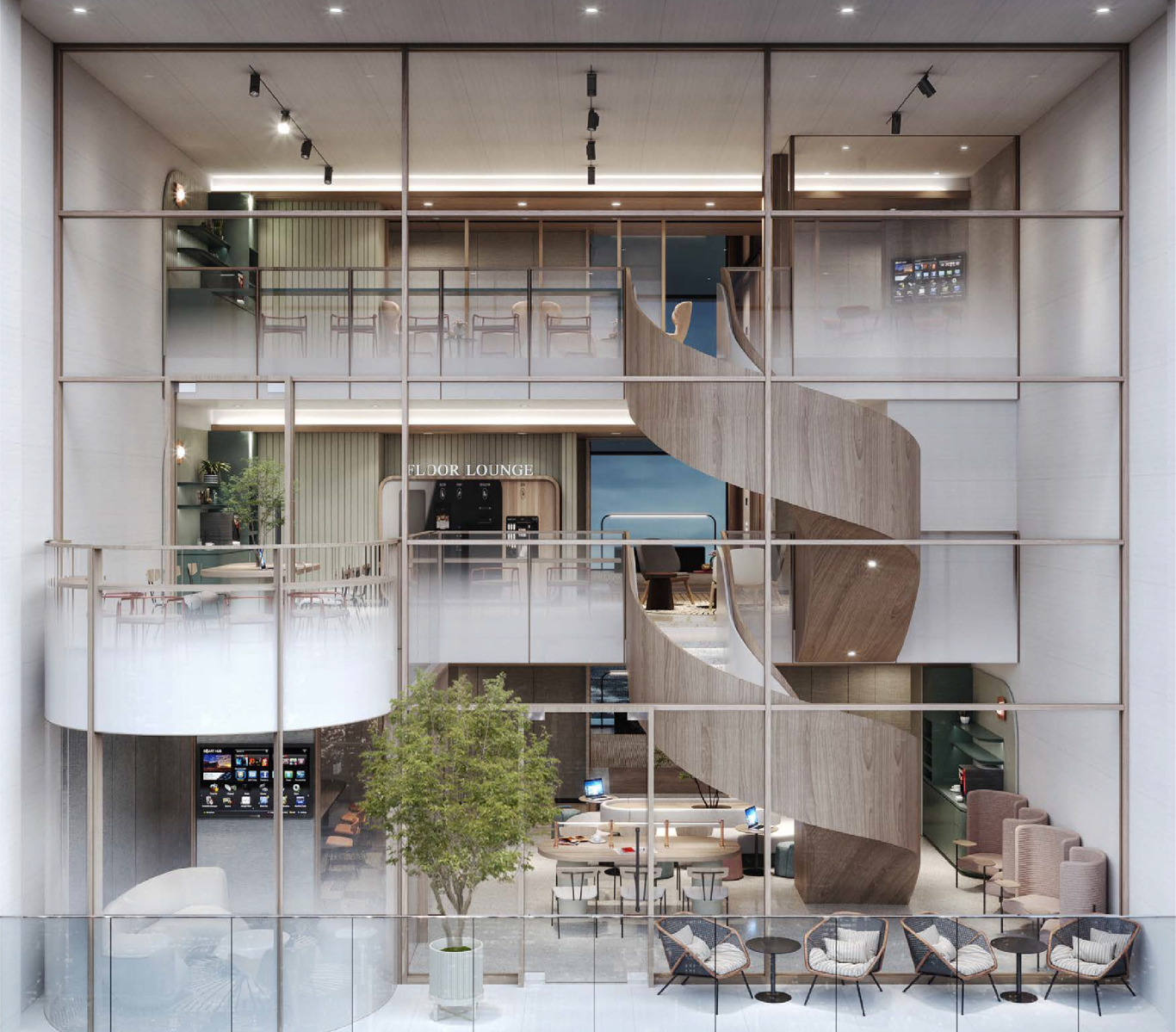
Background
Traders Hotels wanted to expand their chain of business hotels in tier 3 and 4 cities in China - providing an efficient, stylish, and localised type of hotel for business travellers. Importantly, they wanted to redesign Traders Hotels' properties to be scalable, intuitive and fuss-free for their customers. They also wanted to reduce their own cost and time spent redrawing and redesigning every new property developed.
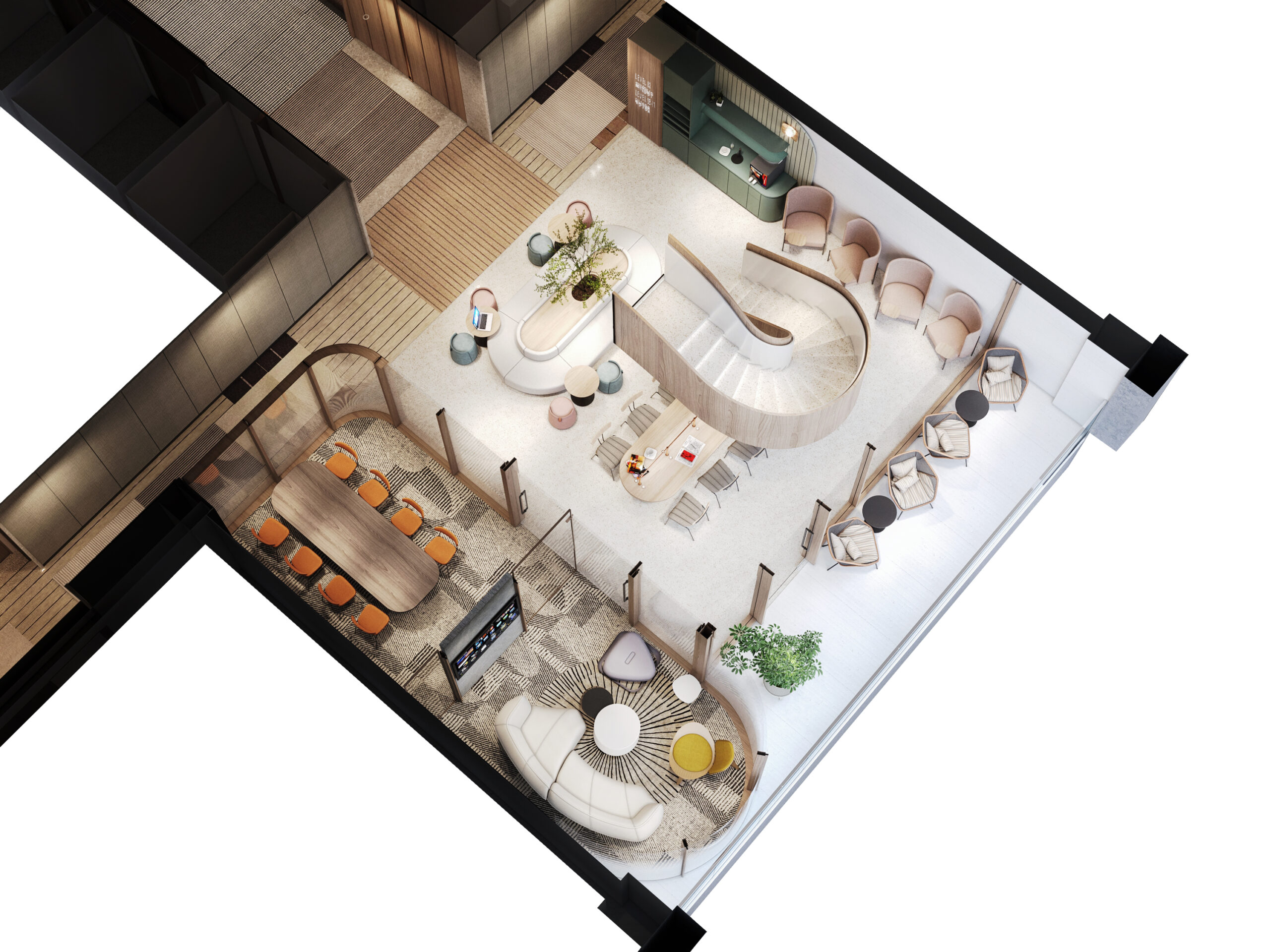
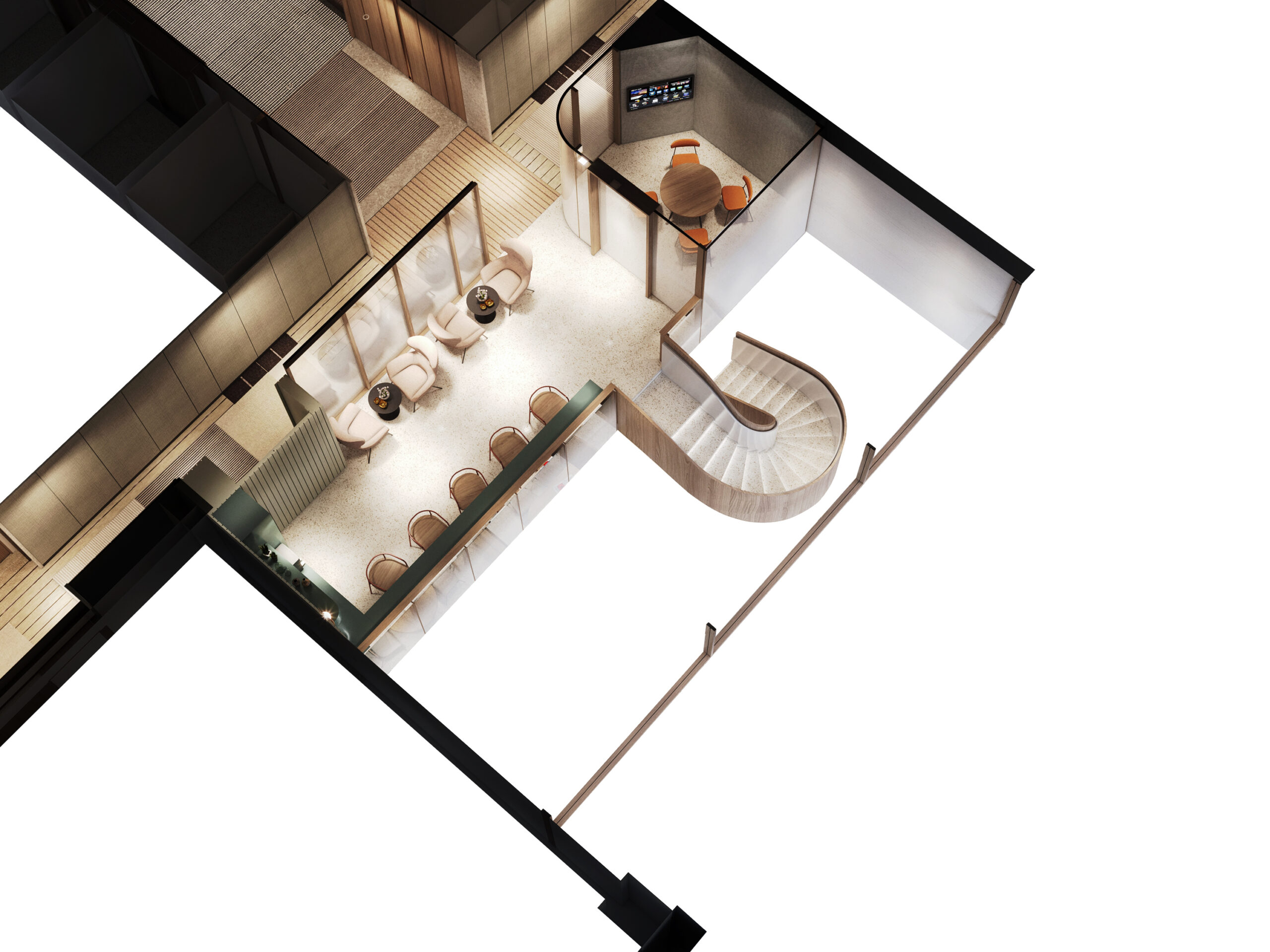
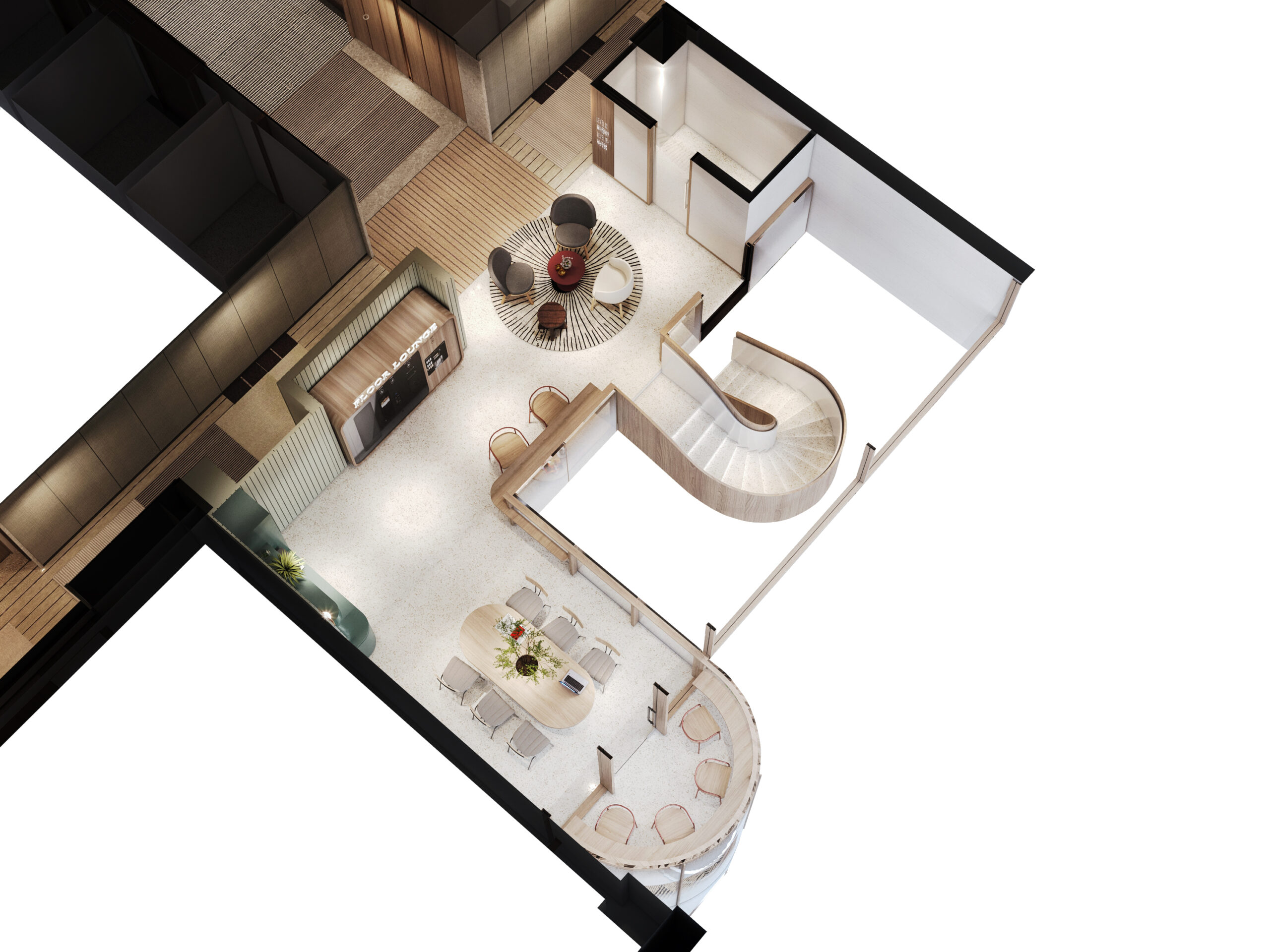
Design Approach
We undertook intensive research to get insights into some of the pain points and wishlists for business travelers when they stay at business hotels. The result from the research was that travelers wanted functionality, familiarity, practicality, and assurance. Balancing this with Traders’ business objectives, we developed a “design, build, and operate'' model hotel that they could apply to any future property they decided to develop. We took the Design for Manufacturing and Assembly (DfMA) route, which would help Traders achieve economies of scale while ensuring high quality build.
We also involved Traders in the design process. The working team had experience in finance and real estate, thus they contributed fresh perspectives from a business and space use point of view. For example, they decided on developing a modular system of hotels because they wanted to cut cost inefficiencies and aimed for a four-year return on investment on the land. Traditional hoteliers usually looked at designing hotels one-off, and would only get return on investment on the land in eight to ten years.
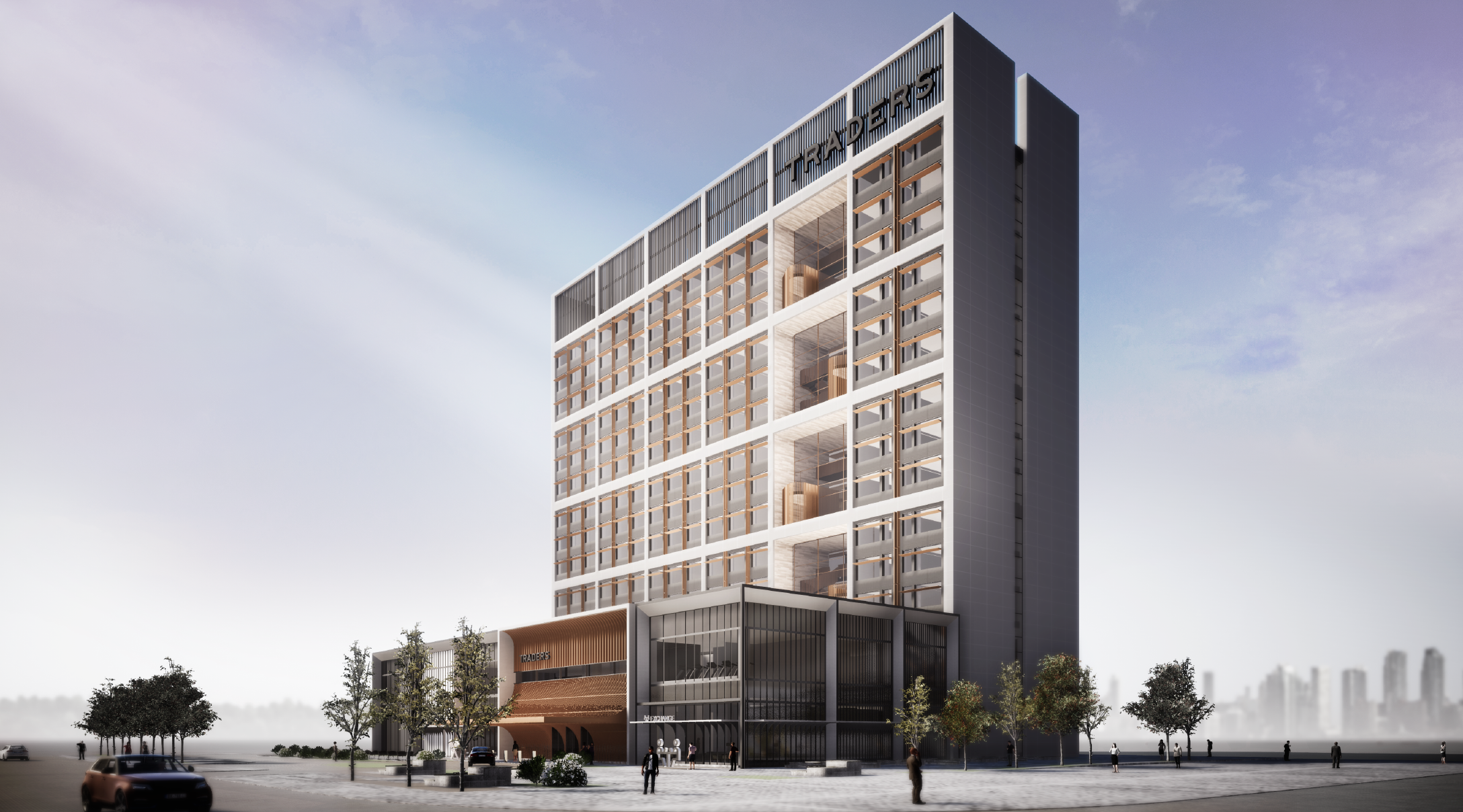
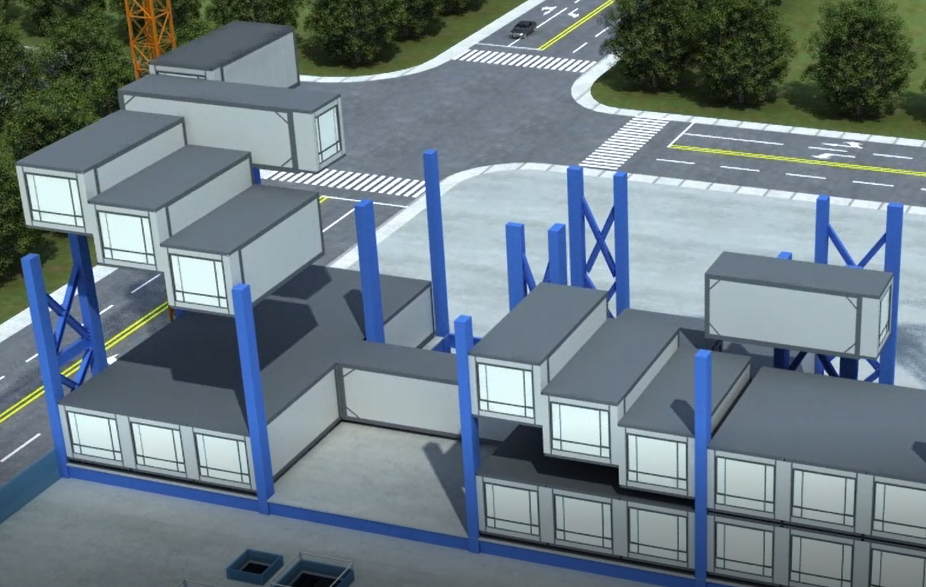
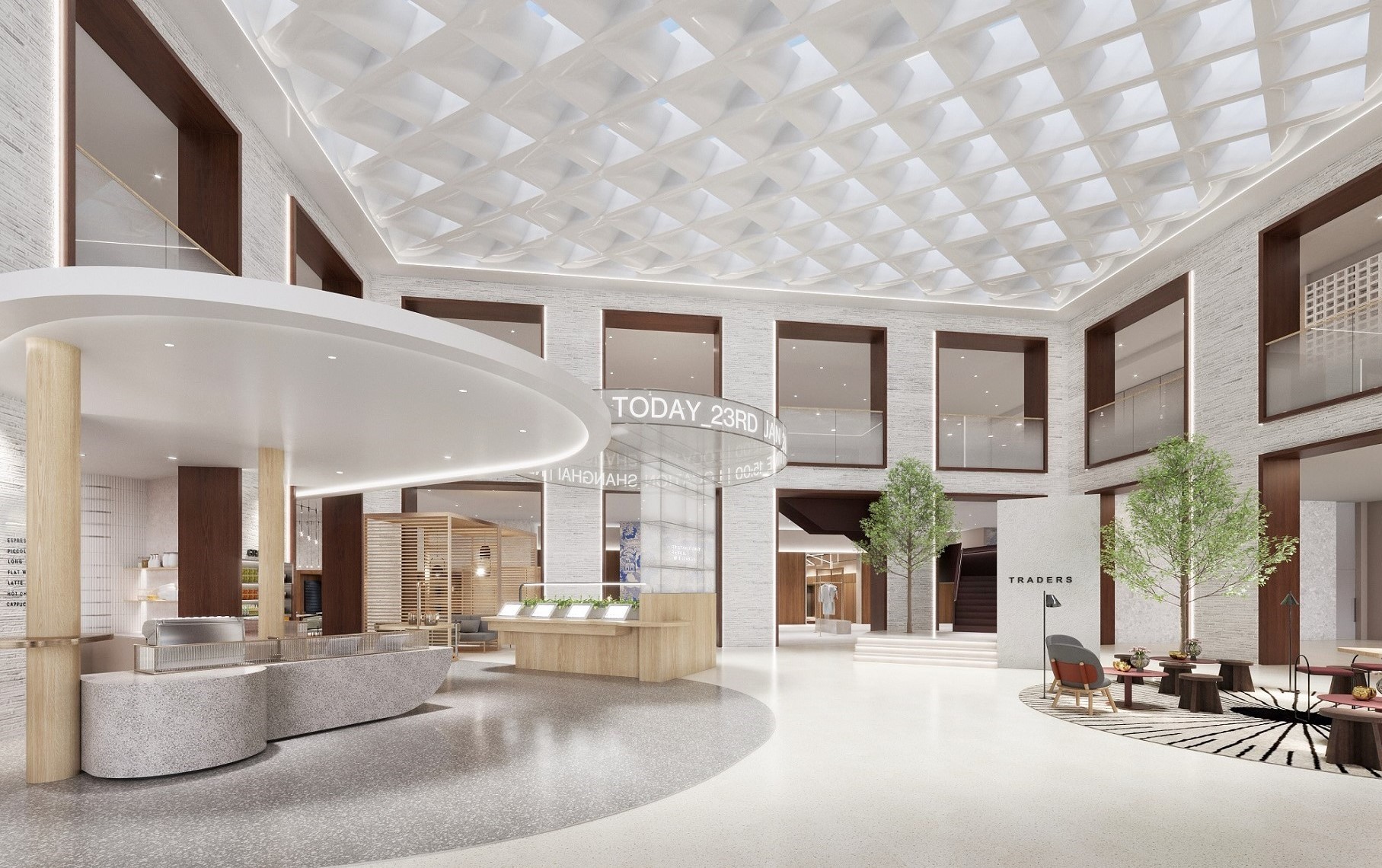
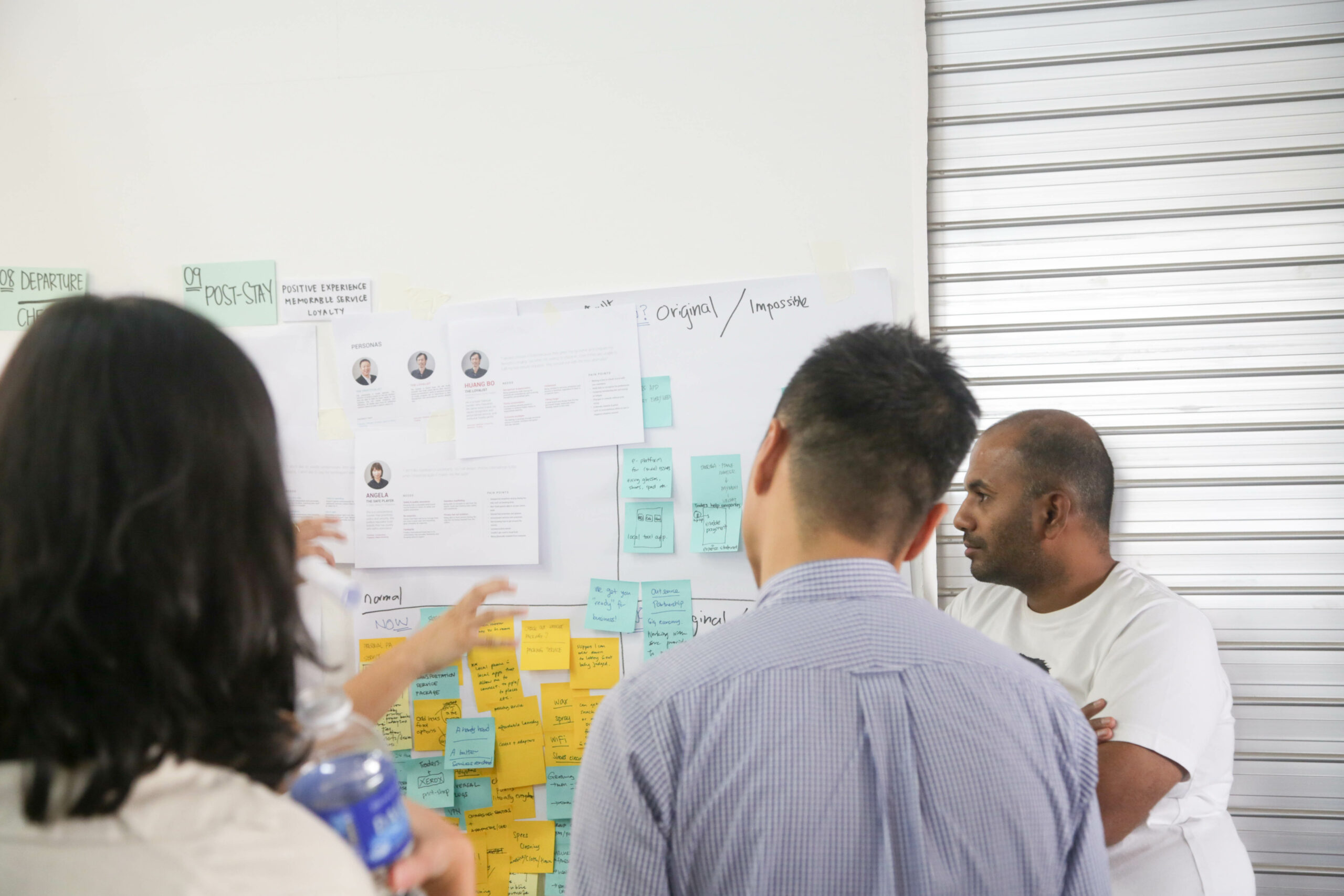
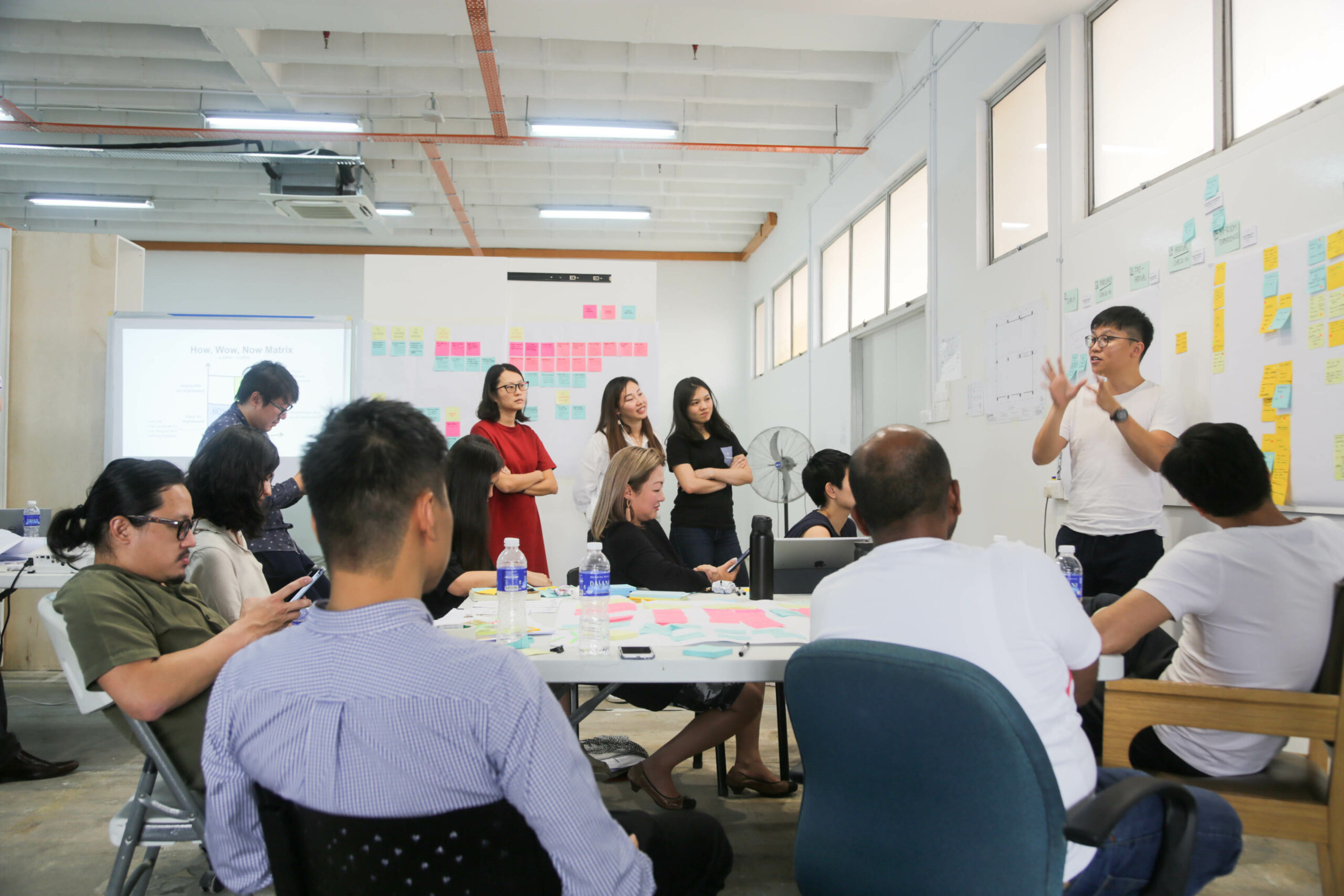
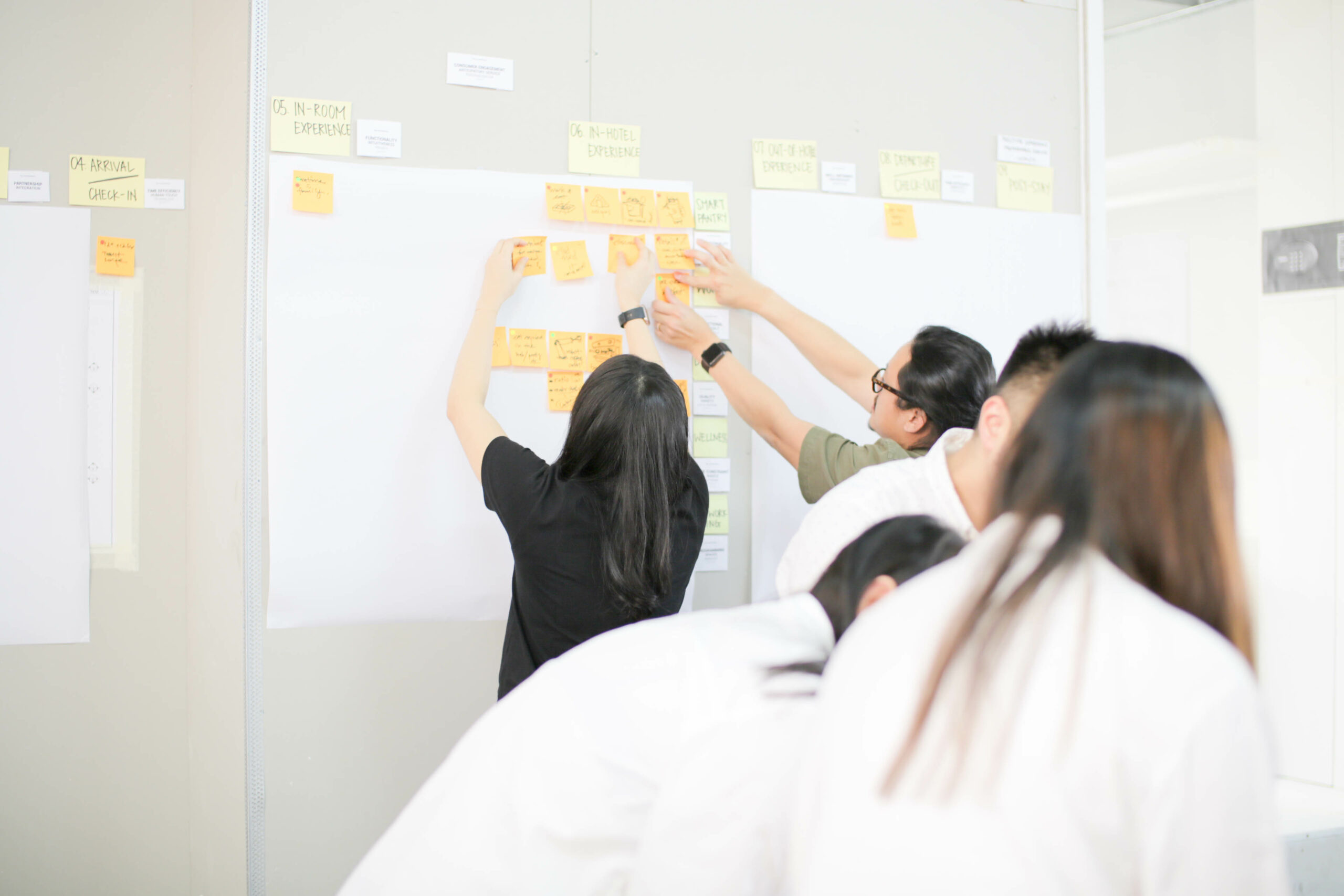
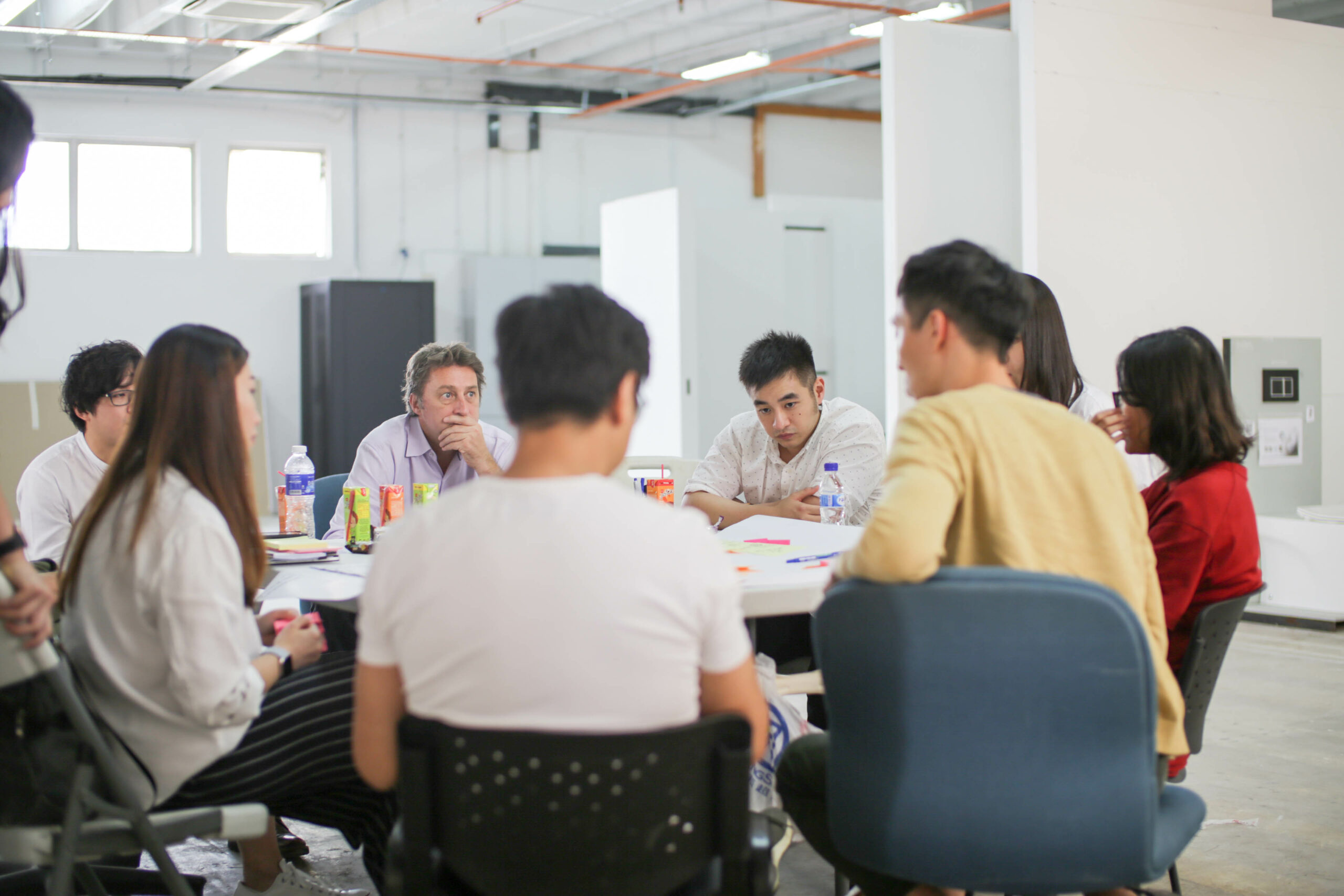
Refining and implementing operations systems for every new hotel built
We developed a Service Blueprint for Traders, detailing the role of hotel staff (those who deal directly with guests, and those who work at back-of-house) and the processes that should take place. At each step of the way - from the time guests performed their hotel search and booking, through the check-in process, and till they depart and post their stay, they would go through a seamless experience that will make them want to choose Traders for their next stay.
Part of the blueprint includes data collection points where we can track the return on experience so that we can improve it to add value to guests. Traders would be able to enhance customer experience at all touchpoints, services and facilities based on data-informed decisions. More than just achieving the design and build of a new property, this model would come with operations systems that can be implemented and refined based on data collected at each hotel.
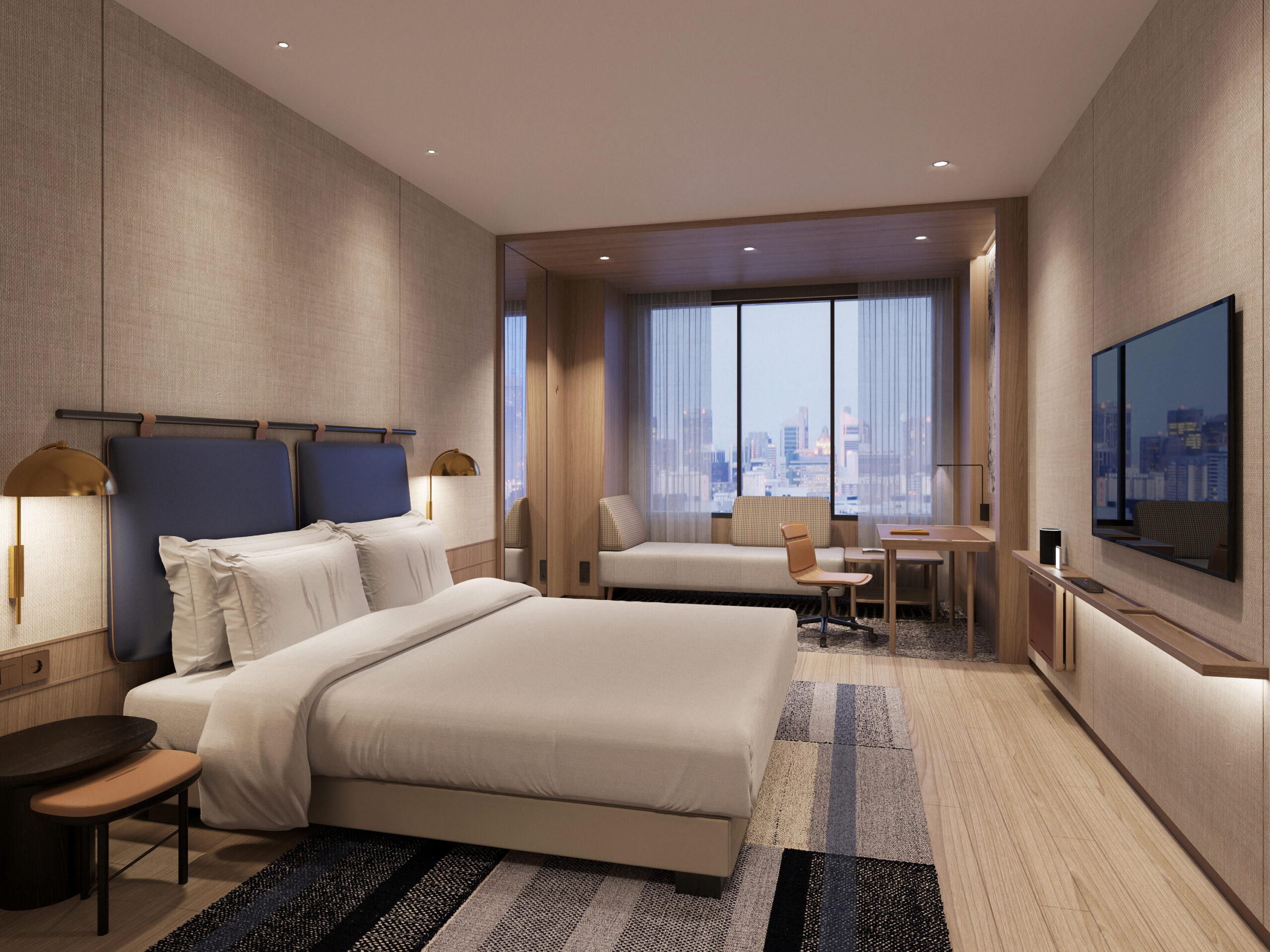
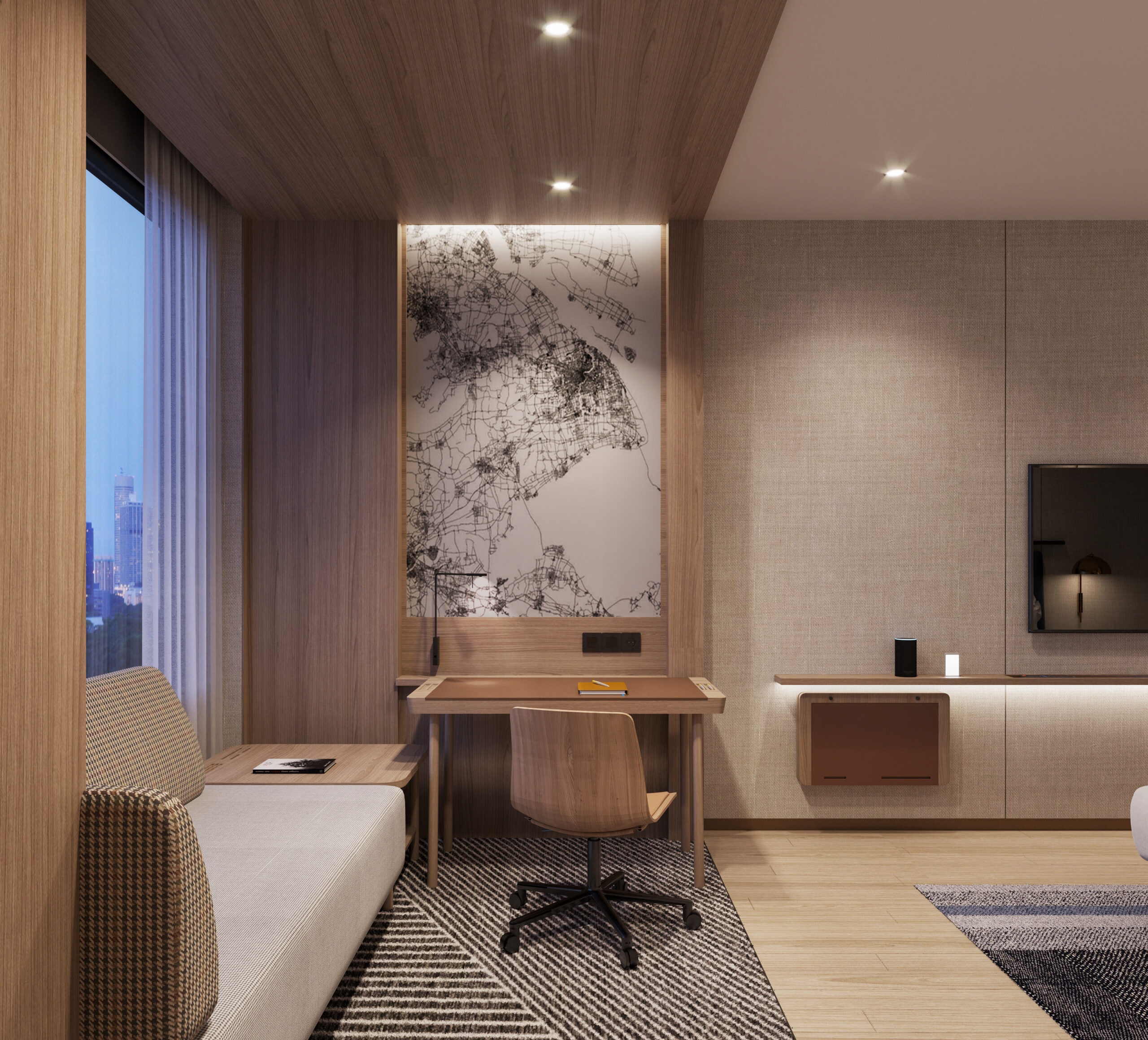
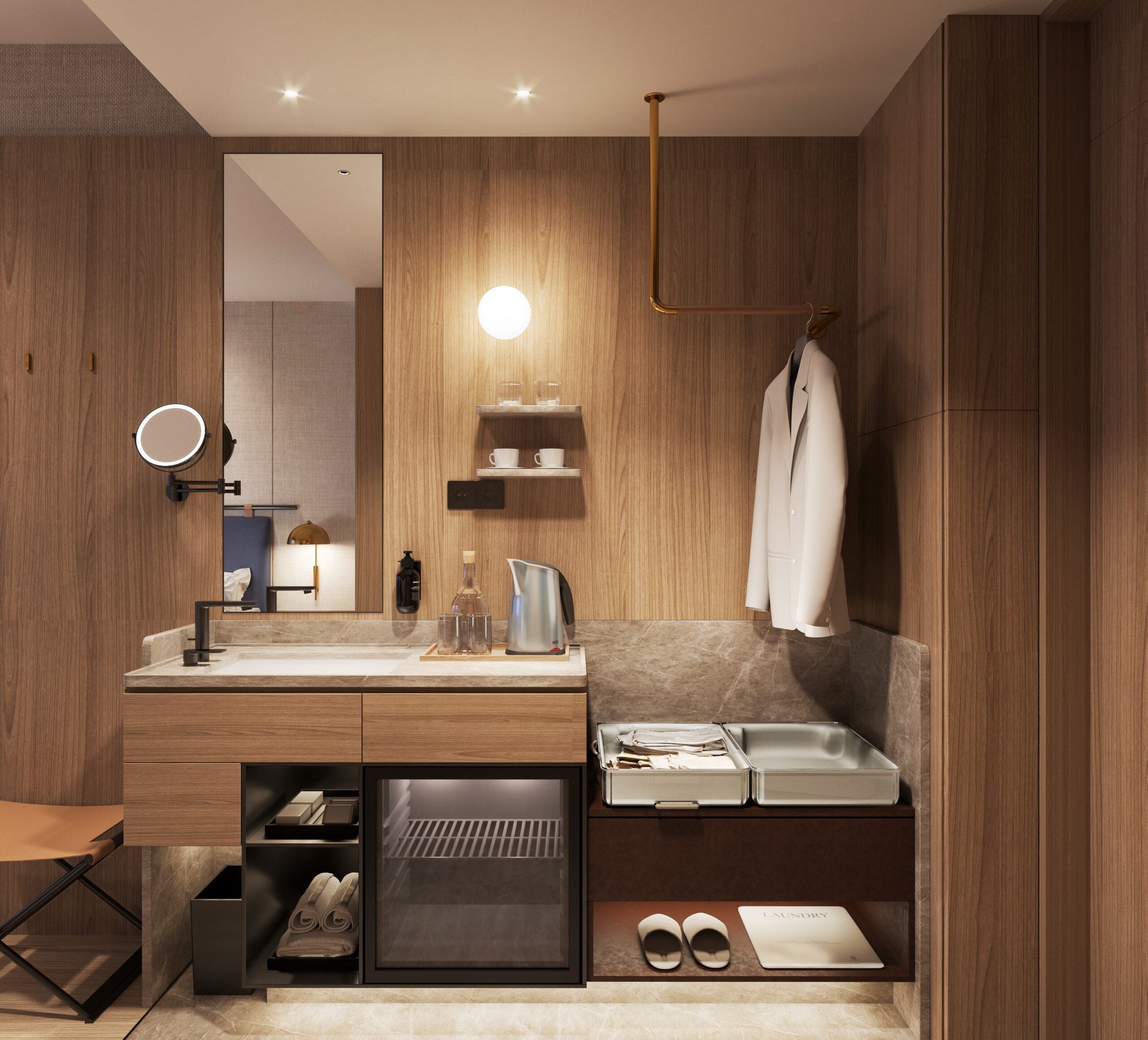
Achieving guest satisfacting and streamlined workflows for staff
Our research showed that business travelers wanted a common space to hold meetings – hotel lobbies were too noisy and had too many distractions, and their rooms were not appropriate spaces for discussions. Traders wanted to streamline certain processes. For example, instead of sending housekeeping to top up coffee and tea in every room, they wanted to centralise pantry supplies. Thus, we designed the “Smart Pantry” – a guests-only space with conducive and delightful meeting areas and a fully stocked pantry. The first two image series in this story show the smart pantry.
We learned through our customer research that business travelers traveling in pairs and sharing the same room often had to share one workstation, thus we designed rooms with two workstations.
To set Traders Hotels apart from the rest, we addressed a major pain point - access to meeting facilities once guests arrive and before they leave. Thus we designed a 12-hour lounge where guests can use meeting rooms, sleep pods, and showering facilities 12 hours before and after their stay (pictured below).
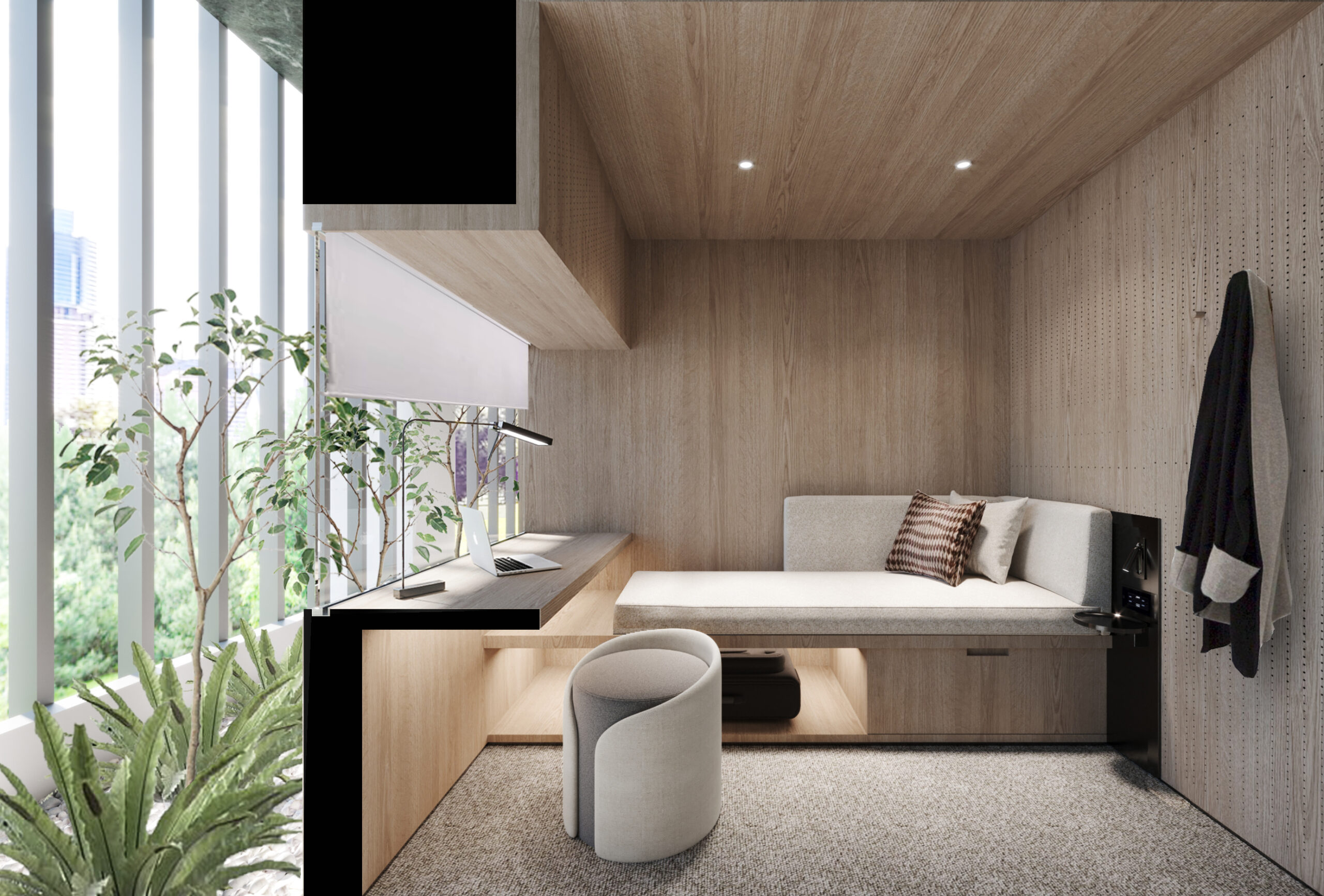
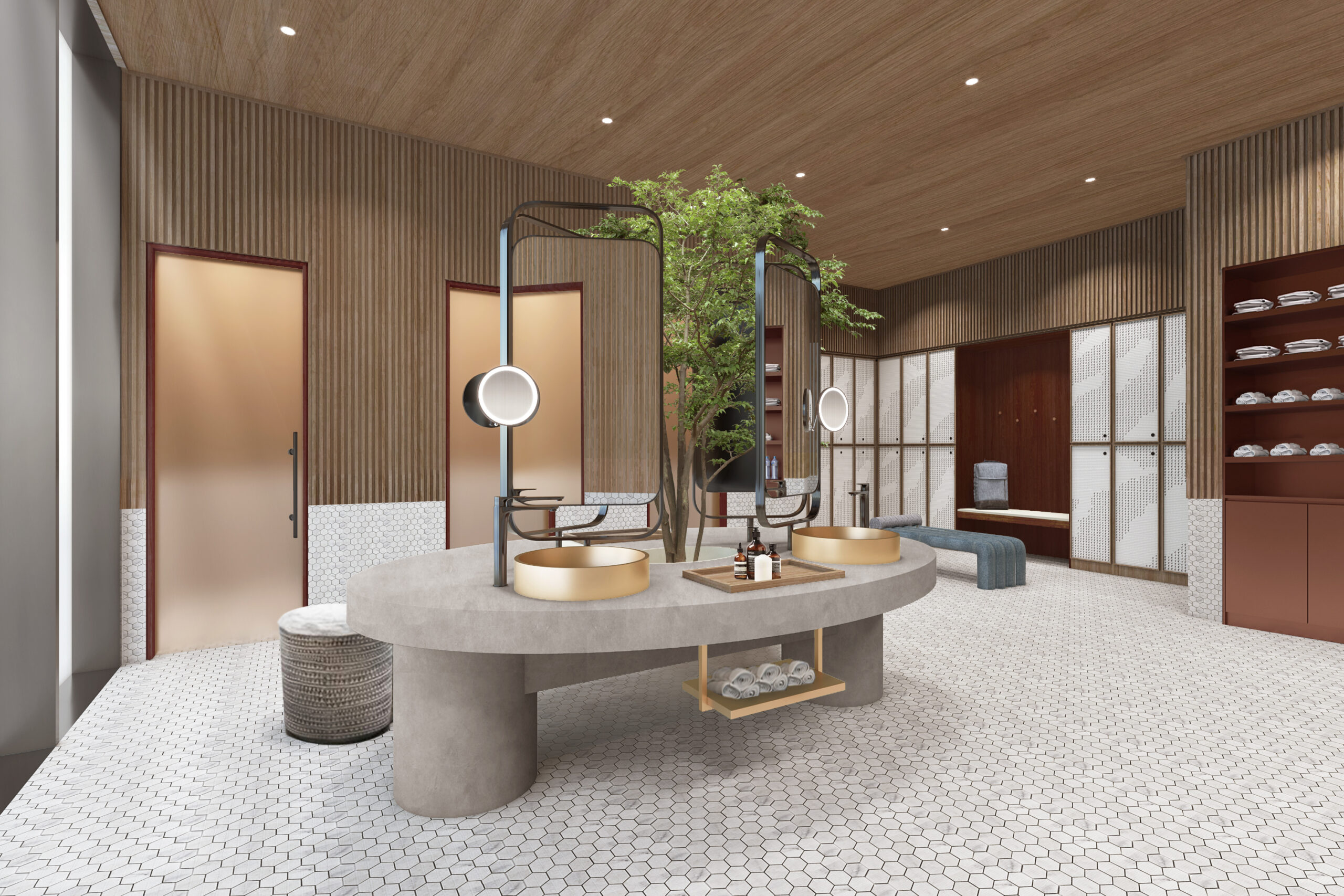
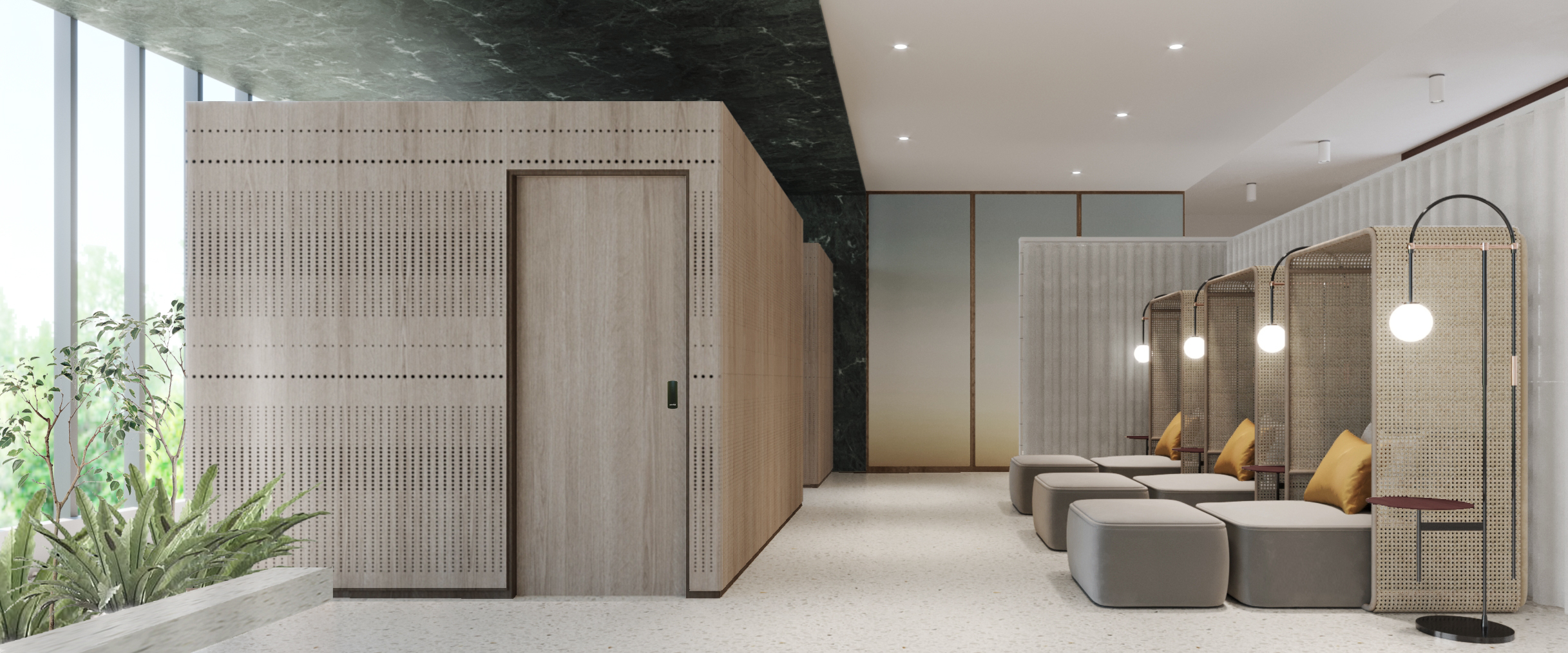
All the research, assets, processes, workflows, and blueprints were compiled into a playbook for Traders Hotels, which they can use as a manual for the build and operation of the hotel. Even though COVID-19 put a hold on the construction of the hotel, the modular nature of this hotel means that the playbook can be adapted to future traveler needs and business requirements.
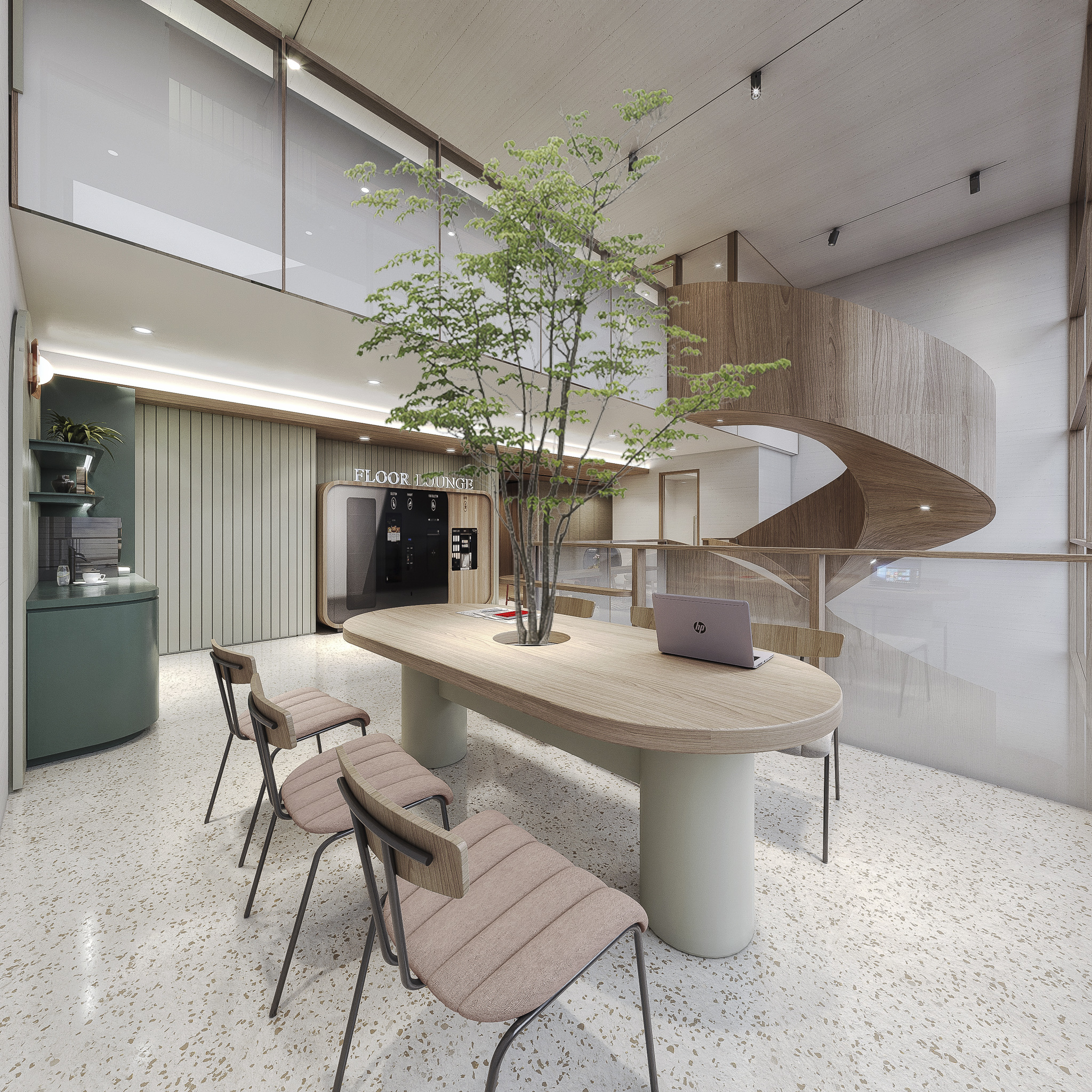
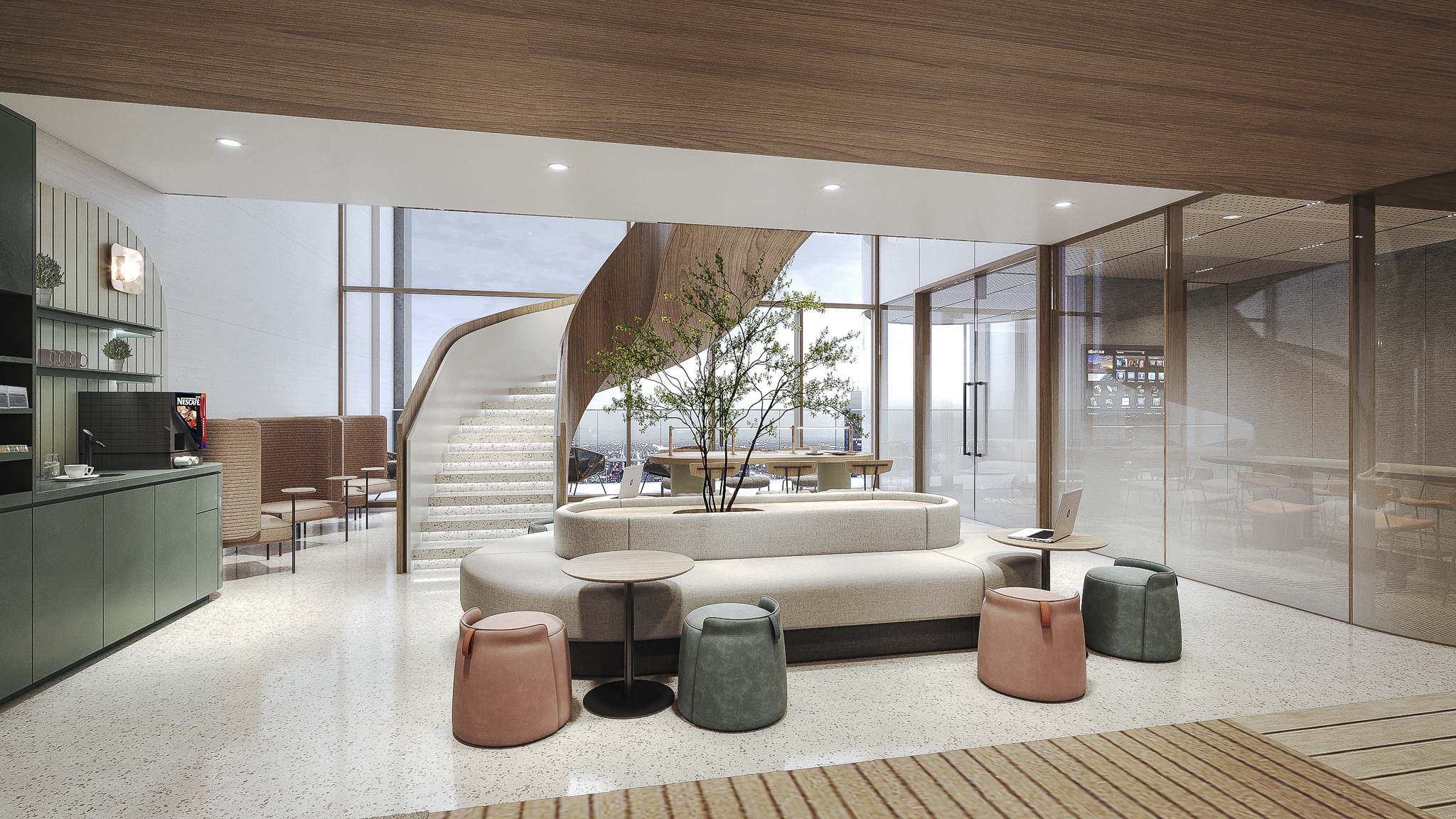
For further questions regarding this project, please feel free to reach out to hello@theafternaut.com for more information.
The Afternaut Group Pte Ltd. 2024
 Zero One Tech Festival 2018
Zero One Tech Festival 2018